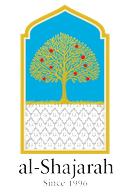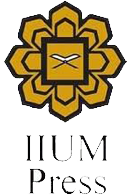AFGHAN AND PAKISTANI TALIBAN: A COMPARATIVE STUDY OF THEIR POLITICAL IDEOLOGY AND RELIGIOUS AFFILIATIONS
DOI:
https://doi.org/10.31436/shajarah.v28i2.1718Keywords:
Taliban, Afghanistan, Pakistan, ideology, United States, extremism, religiousAbstract
The main aim of this article is to discuss several facets of the socio-political phenomena known under the general name of Taliban that swept Afghanistan and embroiled Pakistan in a regional conflict since the last decade of twentieth century. The focus of the discussion is on the emergence of Afghan and Pakistani Taliban as two separate and distinct movements, their organizational developments, and their similarities and differences in terms of political ideology, religious affiliations, and relationships with Pakistan. The organizational and political-religious transformation of the Taliban is examined in this article in three historical phases. First, the political-religious background in Afghanistan that led to the formation of the Taliban in 1994 and its rise to power in 1996 only two years after its existence as an Islamic movement. Second, the seven-year period 1994-2001 during which the Taliban ruled Afghanistan until they were ousted from power following the invasion of the country by the US-led coalition forces a month after the September 11 (2001) tragic event in New York. This article examines the transformation of the Taliban as a movement and as a government ruling in the name of Islam during this period. And third, the twenty-year period when the Taliban as opposition forces waged an insurgency against the US-installed puppet regime that successfully ended with them regaining power in August 2021. The article concludes with some remarks on the possible directions in which the Taliban could be heading in the post-2021 era.



 Al-Shajarah:
Al-Shajarah: 
